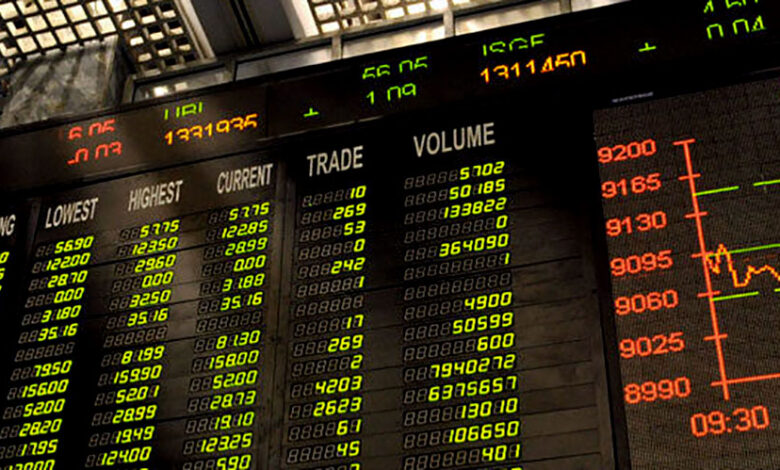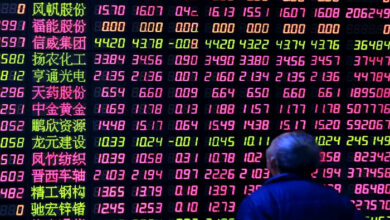Asian markets were mixed after Wall Street got a boost from US retail data.

HONG KONG- Asian stocks were mixed on Wednesday after some markets got off to a good start. This followed Wall Street, where traders were happy about strong US retail sales data.
The US Federal Reserve’s attempt to stop rising inflation by tightening monetary policy has sent shockwaves through global markets and made investors even more nervous than they were before China’s COVID lockdowns and Russia’s invasion of Ukraine.
But on Tuesday, data from the U.S. showed that Americans spent more money in April, which was good news. Retail sales went up by 0.9%, which was helped in part by a rise in car sales.
Edward Moya of OANDA said, “The economy is slowing, but consumers are still spending, so the economy is still in a good place to avoid a recession.”
He also said that the rise in industrial production in April was “another sign that the economy isn’t falling apart just yet.”
At the end of the day, Wall Street was up, and the tech-heavy Nasdaq jumped nearly three percent.
Thanks to the jump in New York, Tokyo, Sydney, and Singapore all went up on Wednesday.
But by the middle of the morning, Hong Kong and Shanghai had gone down after a good start.
The US consumer data added to the boost from China earlier this week, when officials said that Shanghai, which is the economic engine of the world’s second-largest economy, will “gradually reopen” businesses.
Most of the city’s 25 million people were locked down for weeks while officials tried to stop a major Covid outbreak.
Wednesday, millions of people were still stuck at home because official statements about getting to zero Covid cases were confusing.
But just the hint of an ease was enough to boost the markets, which had been worried about how China’s restrictions would affect the global economy, especially supply chains.
Plans for inflation by the Fed
Central banks all over the world are worried about prices that are going up and up. On Tuesday, the chair of the Fed, Jerome Powell, said that the Fed needs “clear” evidence that inflation is going down before it will stop trying to slow down the economy.
He admitted that it could be a “bumpy” ride that would hurt.
Stephen Innes of SPI Asset Management said that his comments were in line with what the market thought would happen.
“Still, the active trading community is shifting from a recessionary capitulation mode to a short recession that isn’t too bad,” he said.
So, this is a tacit admission that the Fed is playing catch-up and is willing to limit demand to bring down inflation, but they are unlikely to do it in a jackhammer-like way.





